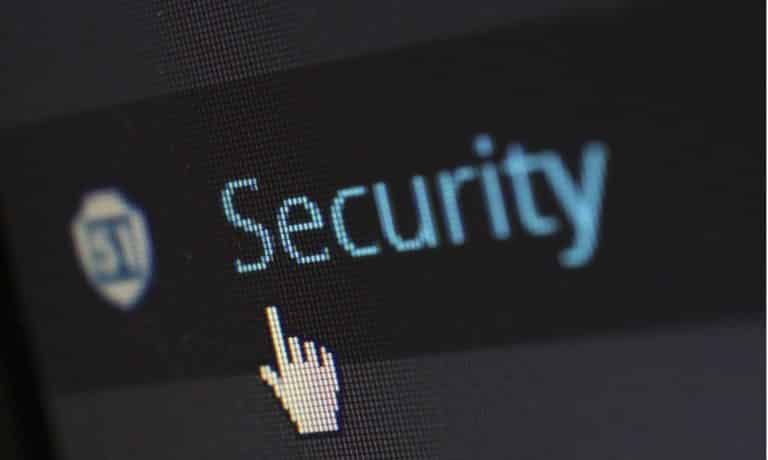The banking industry is very important for all people who deal with money. Banking systems throughout the globe regulate the monetary stability in a concrete country. Great unions regulate huge regions. Once a bank crashes, a country may live through a default, which means economic catastrophe. As the result, it involves other spheres and destabilizes normal life in general. One of the reasons that lead to problems is poor cybersecurity. This article concentrates on 6 good ways that help to improve cybersecurity in the banking sector.
Nowadays, cyber-attacks have increased many a time. This is a huge threat to every citizen of the Earth because privacy is violated. The threat becomes even more troublesome and dangerous when it involves cyber-attacks on banks. If you want to write an essay on the topic, but if seems too complicated for you, you can address professionals. Simply type write my essay for me by EssayHub in the search bar and find your essay helper!
Cybercriminals get directly into the pockets of citizens. This becomes possible due to multiple attacks of hackers on banks. The banking sector is of huge importance for the stability of people’s well-being. A hacker attack, which ruins the banking industry, leads to a dangerous destabilization of the economy of the country. Accordingly, it triggers lots of factors that affect other spheres of human activity. Such danger negatively affects business, education, culture, and so on. Attacks from hackers in the banking sector must be prevented and stopped. There are six measures, which can help to overcome this threatening situation.
Contents
1. The threat should be taken seriously.
Some banks strongly believe that they will never be robbed thanks to dependable safeguards and firewalls. They think that they are simply invisible. This makes them less cautious and actually irresponsible. They understand that their protective measures are weak when it’s too late. A solution is to fully realize all threats and accept the possibility of being attacked. Afterward, banks should implement new equipment to prevent dangers. No matter how good the equipment is, it should be constantly improved to stop new attempts, which become better each time.
2. Good analysis is required.
Banking protection systems compile data on various issues. This gives an opportunity to enhance every point to ensure safety, as well as other branches. One may simply say “Here is a problem and I have information about how to fix and improve it”. Unfortunately, tons of information isn’t analyzed properly. Regulators commonly don’t collect security data. As the result, there is no possibility to define the potential threats. It’s needed to change this function and gather all possible data. Thus, it will become much easier to foresee possible cyber assault.
3. All third-parties vendors must be verified.
They commonly give data on technology services. Nonetheless, the practice shows that they may open this data to other people, which sufficiently increases the risks. Other people may turn it to their advantage and steal money. Currently, this is a critical issue because there is no permission to verify third parties. The government should realize the risks and allow checking distributors of information in order to secure their own safety. Thus, the safety of banks will be enhanced as well.
4. Secure mobile operations.
Today, people actively use their cell phones for greater speed and comfort. It goes beyond all doubts that mobile banking is among them. Banks support this kind of access. People don’t have to stand in long queues while their turn comes. Banks thrive as well because they can make much more operations, which results in their prosperity at a great tempo. In the meanwhile, they don’t give enough heed to the security of mobile banking. It also requires modern equipment and advanced safeguards. Otherwise, clients become vulnerable to hacker attacks. Besides, banks are under a threat too.
5. Regulators should hire more IT specialists.
Currently, small and medium-sized banks aren’t protected properly. Commonly, they are considered to be units that are at low risk of attacks. IT specialists only make general analyses. This is a fatal mistake. Such banks are attacked on a constant basis. This inevitably leads to problems with bigger institutions. They become weaker. Banks should involve more experts to dig deeper into the slightest details.
6. The information on threats is supposed to be shared faster and with all the details.
People share information about potential hazards, but this process is way too slow and lacks details, which are crucial on such occasions. Once there appears suspicion, banks or clients don’t always have an immediate possibility to report the case. Sometimes, banks simply hide this data because they are afraid that their reputation will be shaken off. It’s much better to allow clients to share this vital information. This helps to prevent thousands of attacks annually.
The matter of banking security is important and it should be ensured in all possible ways and at any cost. There are at least six available variants. Unfortunately, some of them are disallowed. For example, banks hide or don’t compile data on cyber threats or the government doesn’t allow verifying third parties. Once these issues are solved, the danger of cyber-attacks will be significantly decreased”.
References:
- Anand, Priya. “6 ways the banking industry could improve on cybersecurity”. Marketwatch.com, https://www.marketwatch.com/story/6-ways-the-banking-industry-could-improve-on-cybersecurity-2015-07-02. 2015, 2 July.
- “How the Banking Industry is Fighting Cyber Crime”. Careersincybersecurity.com, https://careersincybersecurity.com/banking-industry-fighting-cyber-crime/. 2019
- Barnes, Samantha “HOW WILL BANKS ADDRESS GAPS IN CYBERSECURITY?” Internationalbanker.com, https://internationalbanker.com/technology/2017-will-banks-address-gaps-cybersecurity/. 2017, March 2.

